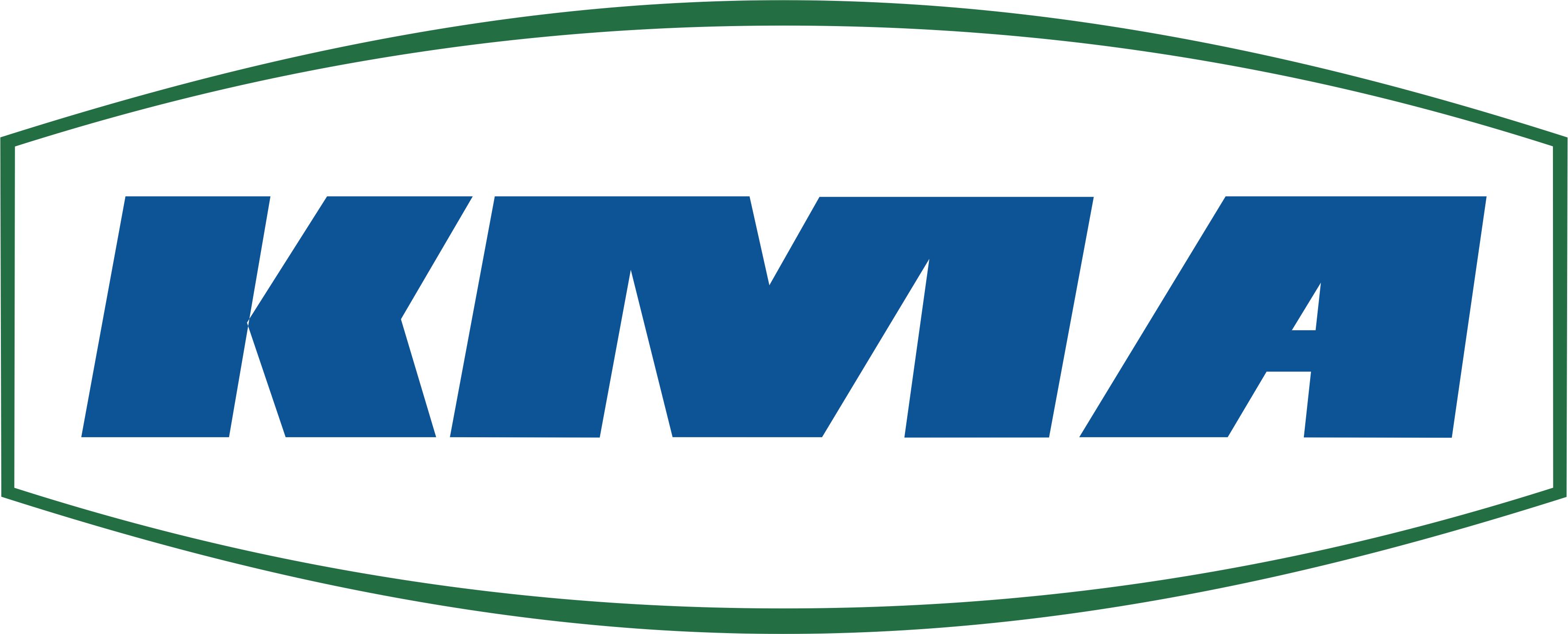Air pollution control (APC)
Air pollution control (APC)
The term air pollution control (APC) refers to measures ensuring a constant high air quality. A high air quality refers to an exhaust air flow with the lowest possible contamination. Measures for effective APC are divided into legal requirements and technical measures. Technical measures to ensure air pollution control aim to achieve pure air quality and to avoid exposure of humans and the environment to contaminated exhaust air.
Legally, air pollution control is subjected to strict national and regional regulations. At international level, numerous agreements based on the Geneva Convention on Long-range Transboundary Air Pollution (CLRTAP) are in force, e.g. the Paris Agreement. Due to legal requirements for air pollution control, production plants have to take measures to ensure a constant pure air quality and effective air pollution control. Possible measures are to convert production processes in such a way they produce lower emissions or to implement exhaust air purification systems for efficient purification processes.
Exhaust air purification systems have to be specifically adapted to the composition of exhaust air and to existing production plants. In order to fit the filtration system to the production plant, KMA Umwelttechnik draws on more than 30 years of experience with exhaust air purification in various industries. The exact adjustment of a filtration system requires extensive measurements of the exhaust air composition, degree of pollution as well as flow volume and direction are carried. This data is acquired in advance by KMA environmental engineers. Based on this knowledge, KMA exhaust air purification systems are then integrated into the existing production plant according customer requirements.
Related links







